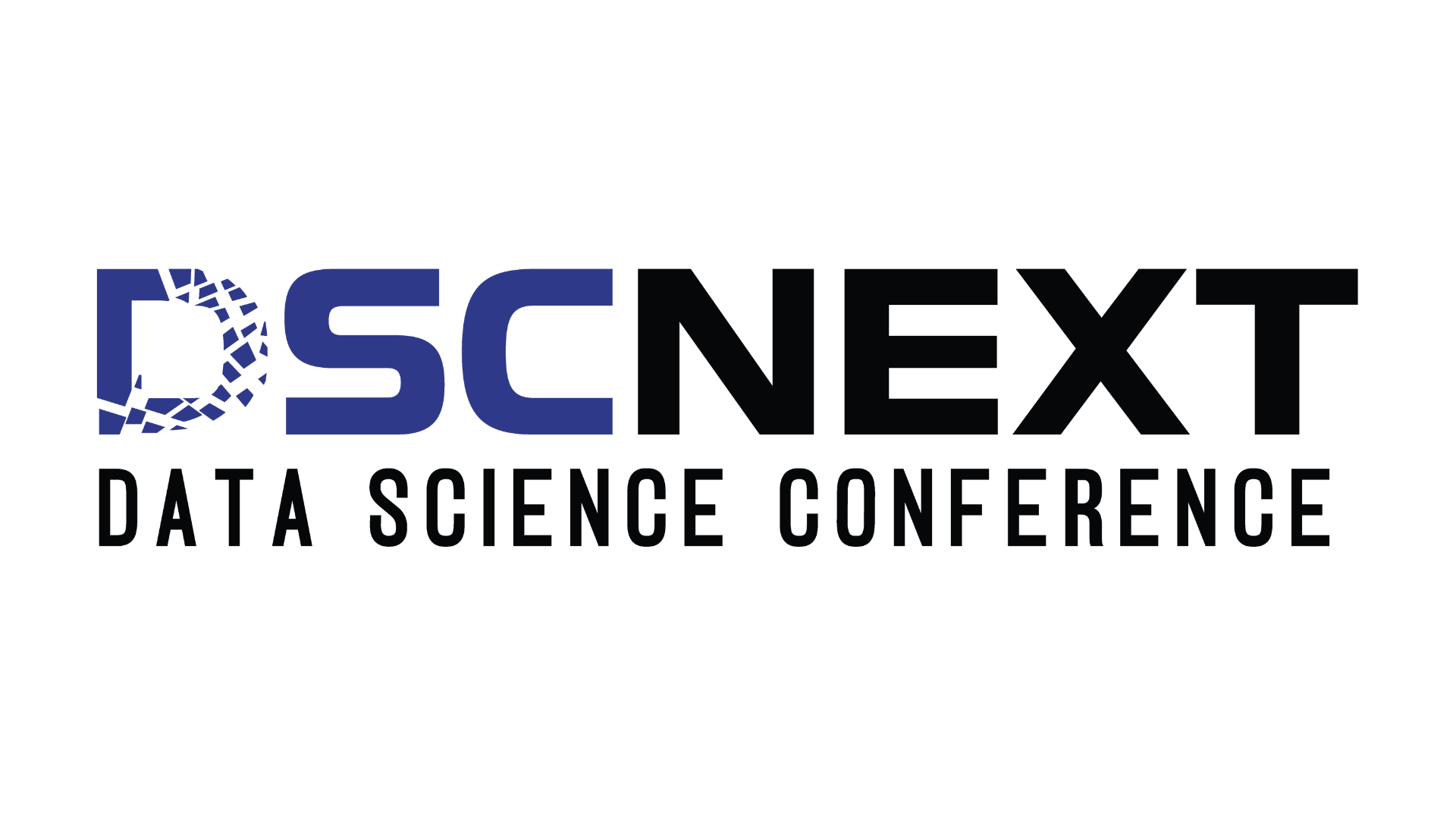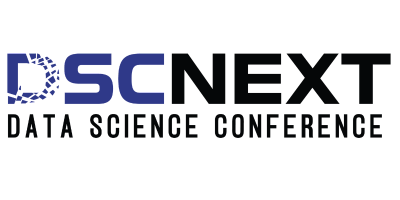
The world runs on data, and the ability to extract meaningful insights from it has become the most coveted skill of the 21st century. As we navigate 2025, the field of data science continues its rapid evolution, with a particular emphasis on Computational Data Science. This isn’t just about running pre-built models; it’s about building, optimizing, and deploying complex analytical solutions at scale. If you’re looking to thrive in this dynamic domain, here are the essential skills that will set you apart.
1. Master of Code: Advanced Programming & Optimization
At the heart of computational data science lies robust programming. While Python and R remain the lingua franca, excelling in 2025 means going beyond basic scripting. You’ll need a deep understanding of data structures, algorithms, and object-oriented programming principles.
The ability to write clean, efficient, and scalable code is paramount. Furthermore, proficiency in optimizing code for performance, whether it’s parallelizing tasks, leveraging vectorized operations, or understanding memory management, will be crucial when dealing with massive datasets and complex models. Languages like C++ or Julia, often used for high-performance computing, are becoming increasingly valuable for specific computational tasks.
2. The Machine Learning & Deep Learning Architect
It’s no longer enough to just apply off-the-shelf machine learning algorithms. Computational data scientists in 2025 are expected to understand the underlying mechanics of these models, including their computational complexity and resource requirements.
This means familiarity with various machine learning paradigms (supervised, unsupervised, reinforcement learning) and a strong grasp of deep learning frameworks like TensorFlow or PyTorch. The ability to design, train, and fine-tune custom neural network architectures for specific problems and to understand how to deploy them efficiently on different hardware is a core competency.
3. Big Data Ecosystems & Cloud Fluency
Data rarely comes in neat, small packages. Excelling in computational data science means being comfortable with big data technologies. This includes distributed computing frameworks like Apache Spark, Hadoop, and Kafka for processing and streaming vast quantities of information. Furthermore, cloud platforms (AWS, Azure, GCP) are the new data centers. Proficiency in deploying and managing data science workflows, leveraging cloud-native services for storage, compute, and machine learning operations (MLOps), is non-negotiable. Understanding serverless computing, containerization (Docker), and orchestration (Kubernetes) will enable you to build scalable and resilient data pipelines.
4. Statistical Rigor & Mathematical Intuition
While computational power handles the heavy lifting, a strong foundation in statistics and mathematics provides the critical thinking necessary to interpret results and design experiments. Understanding probability theory, linear algebra, calculus, and optimization techniques is essential for comprehending how algorithms work, debugging models, and making statistically sound conclusions. This theoretical bedrock ensures that your computational solutions are not just fast, but also accurate and reliable.
5. Communication & Domain Empathy
Even the most brilliant computational model is useless if its insights cannot be effectively communicated. Data scientists must be adept at translating complex technical findings into clear, actionable insights for non-technical stakeholders.
This involves strong presentation skills, data visualization expertise, and the ability to tell a compelling story with data. Furthermore, developing domain empathy – understanding the specific challenges and nuances of the industry you’re working in (e.g., healthcare, finance, retail) – allows you to frame problems correctly and build solutions that truly address business needs.
6. Continuous Learning & Formal Education
The field of data science is evolving at an unprecedented pace. What’s cutting-edge today might be standard practice tomorrow. Therefore, a commitment to continuous learning is perhaps the most important skill of all. This includes staying updated with the latest research papers, new tools, and emerging techniques.
For those looking to build a strong foundation or pivot into this exciting field, enrolling in a comprehensive data science program can provide the structured learning environment and expert guidance needed to master these diverse skills. These programs often combine theoretical knowledge with practical, hands-on projects, preparing graduates for real-world challenges.
7. Specialized Online Learning for Deep Dives
For professionals already in the field or those seeking specialized knowledge, online learning platforms offer unparalleled flexibility and access to top-tier education. For instance, the IISc data science course online can provide a rigorous academic foundation combined with practical applications, often taught by leading experts in the field.
Such specialized courses allow individuals to deepen their understanding of specific computational techniques, advanced machine learning, or big data architectures, ensuring they remain at the forefront of innovation.
The Future is Computational
Computational data science is not just a niche; it’s the direction the entire field is heading. By cultivating a blend of advanced programming, deep learning expertise, big data fluency, statistical acumen, and strong communication skills, coupled with a commitment to lifelong learning, you’ll be well-equipped to excel and lead in the data-driven world of 2025 and beyond.

